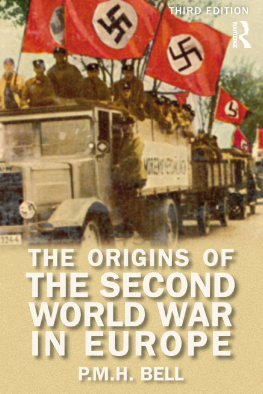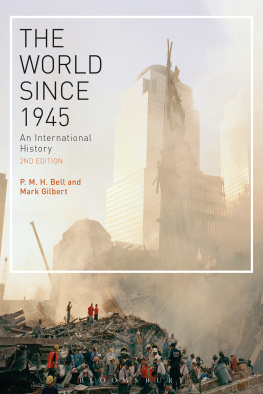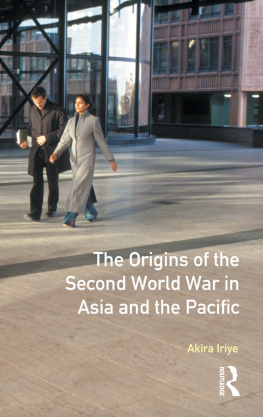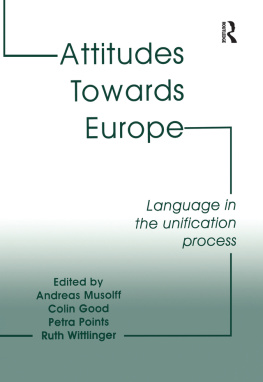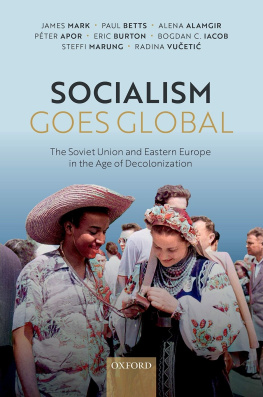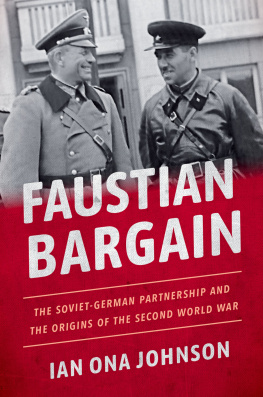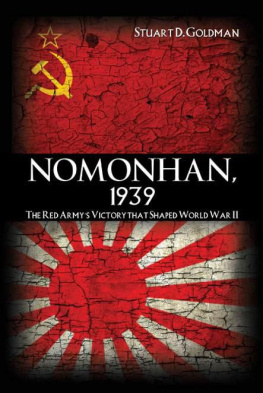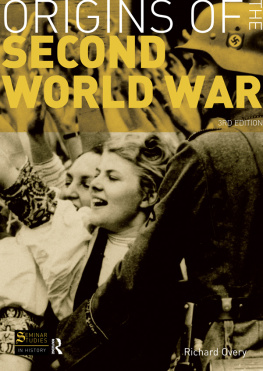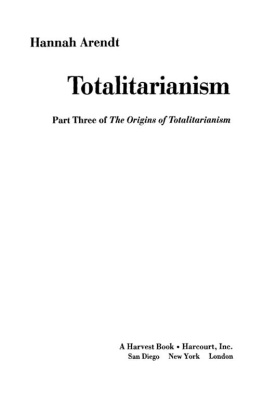
The Origins of the Second World War in Europe
ORIGINS OF MODERN WARS
General Editor: Harry Hearder
Titles already published:
THE ORIGINS OF THE FRENCH REVOLUTIONARY WARS
T. C. W. Blanning
THE ORIGINS OF THE CRIMEAN WAR
David M. Goldfrank
THE ORIGINS OF THE ITALIAN WARS OF INDEPENDENCE
Frank J. Coppa
THE ORIGINS OF THE AMERICAN CIVIL WAR
Brian Holden Reid
THE ORIGINS OF THE WARS OF GERMAN UNIFICATION
William Carr
THE ORIGINS OF THE SOUTH AFRICAN WAR, 18991902
Iain R. Smith
THE ORIGINS OF THE RUSSOJAPANESE WAR
Ian Nish
THE ORIGINS OF THE FIRST WORLD WAR (Third Edition)
James Joll and Gordon Martel
THE ORIGINS OF THE RUSSIAN CIVIL WAR
Geoffrey Swain
THE ORIGINS OF THE SECOND WORLD WAR IN EUROPE (Third Edition)
P. M. H. Bell
THE ORIGINS OF THE SECOND WORLD WAR IN ASIA AND THE PACIFIC
Akira Iriye
THE ORIGINS OF THE GREEK CIVIL WAR
David H. Close
THE ORIGINS OF THE KOREAN WAR (Second Edition)
Peter Lowe
THE ORIGINS OF THE VIETNAM WAR
Anthony Short
THE ORIGINS OF THE ARABISRAELI WARS (Fourth Edition)
Ritchie Ovendale
THE ORIGINS OF THE PRESENT TROUBLES IN NORTHERN IRELAND
Caroline Kennedy-Pipe
The Origins of the Second World War in Europe
THIRD EDITION
P. M. H. Bell

First published 1986 by Pearson Education Limited
First edition published in 1986
Second edition 1997
Third edition published in 2007
Published 2013 by Routledge
2 Park Square, Milton Park, Abingdon, Oxon OX14 4RN
605 Third Avenue, New York, NY 10017, USA
Routledge is an imprint of the Taylor & Francis Group, an informa business
Copyright 1986, 2007, Taylor & Francis.
The right of P. M. H. Bell to be identified as author of this work has been asserted by him in accordance with the Copyright, Designs and Patents Act 1988.
All rights reserved. No part of this book may be reprinted or reproduced or utilised in any form or by any electronic, mechanical, or other means, now known or hereafter invented, including photocopying and recording, or in any information storage or retrieval system, without permission in writing from the publishers.
Notices
Knowledge and best practice in this field are constantly changing. As new research and experience broaden our understanding, changes in research methods, professional practices, or medical treatment may become necessary.
Practitioners and researchers must always rely on their own experience and knowledge in evaluating and using any information, methods, compounds, or experiments described herein. In using such information or methods they should be mindful of their own safety and the safety of others, including parties for whom they have a professional responsibility.
To the fullest extent of the law, neither the Publisher nor the authors, contributors, or editors, assume any liability for any injury and/or damage to persons or property as a matter of products liability, negligence or otherwise, or from any use or operation of any methods, products, instructions, or ideas contained in the material herein.
ISBN 13: 978-1-4058-4028-6 (pbk)
DOI: 10.4324/9781315834566
British Library Cataloguing in Publication Data
A CIP catalogue record for this book can be obtained from the British Library
Typeset by 35 in 10/13.5pt Sabon
Contents
List of Maps
List of Tables
List of Illustrations
Editor's Foreword
Mr Philip Bell's interpretation of the origins of the Second World War is dispassionate, uncommitted, and perhaps for that reason brilliantly unanswerable. His basic point that some theories wide enough to explain everything, end by explaining nothing, is made in the context of a consideration of the argument that the existence of sovereign states is a cause of wars, an argument that Mr Bell considers to be true but unhelpful. If we apply the point to the long debate on the appeasement of Nazi Germany in the 1930s we can see that a blanket condemnation of appeasement is too imprecise to be tenable, and, indeed, explains nothing. The trouble is that vague, sweeping generalisations tend to be accepted by an ill-informed public, and build themselves up into powerful myths. Such generalisations may be accepted by the media and the public for several decades after they have been discarded by most professional historians. Most journalists seem still to think that the policy of appeasing Hitler was, in each of the relevant crises, cowardly and mistaken. They do not distinguish between the factors that were operative in 1936 from those operative in 1938, or, again, in 1939. Mr Bell shows that the British government's policy had a cowardly side to it during the Spanish Civil War, but that Chamberlain's policy in 1939 was extremely courageous. When Stalin preferred to negotiate with Hitler, Chamberlain preferred to resist Hitler by a declaration of war, encouraged, it is true, by an impatient House of Commons.
There is no space in an editor's foreword to say more on the appeasement debate. Bell's lucid account and interpretation of the diplomatic history of the 1930s demolishes many familiar fallacies, without ever becoming polemical in tone. One point on Munich is worth mentioning here: in agreement with Professor D. C. Watt and other recent authorities, Mr Bell shows that Hitler regarded the settlement as a disaster, because he wanted a short, successful war against Czechoslovakia in the teeth of the passive disapproval of Britain and France. He was not content with success at the conference table. As Bell says, he wanted war for its own sake, and with such an outlook was perhaps unique in modern history. Ciano noted in his diary that if you offered Hitler more territory than he was demanding, he would still be disappointed, because what he wanted was war. But even this was not always true, so that even about Hitler generalisations can be dangerous.
In wanting victorious wars rather than diplomatic victories Hitler was acting not only immorally, but also irrationally. Sometimes he attacked another country because he wanted to secure resources from it, but sometimes he was already securing the resources he needed from that country without going to war. The classic example of this is his decision not to wait to eliminate Britain before invading the USSR, even though Stalin was already generously supplying him with both raw materials and manufactured products. Yet it remains true that Hitler sometimes made war pay, and while he was actually waging it, not merely after victory. Mr Bell points out that the acquisition of the vast resources of western Europe made war immensely profitable for Germany, at least in the short run. Here there is a parallel with a picture given by Dr T. C. W. Blanning in a companion volume recently published in this series, a volume on the origins of the French Revolutionary Wars. The French Directory and Napoleon, like Hitler, lived off a diet of warfare. For a country to acquire profits which could be used during the war is less common in the decades between Napoleon and Hitler. More often warfare is greedy of resources, even if victory is to bring profits after the end of hostilities. Often even a victorious power is permanently poorer after the war than it was before as Britain has been after the two world wars. But surviving on the immediate conquests of wars had its dangers for Hitler, as Mr Bell shows. It created a vicious circle in which armaments were built up to make conquests and then more conquests were necessary to expand armaments, a process which reached an explosive stage in 1939, when raw materials, labour and food were all needed to sustain the pace.
Next page
